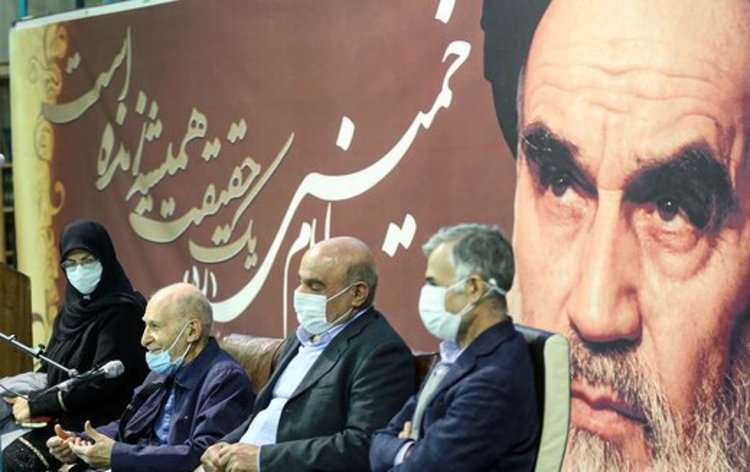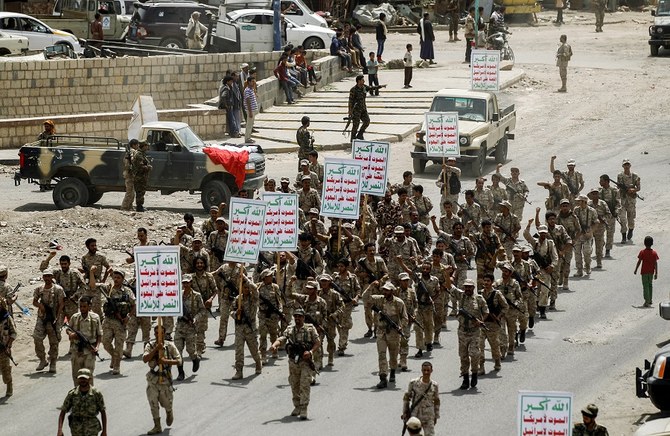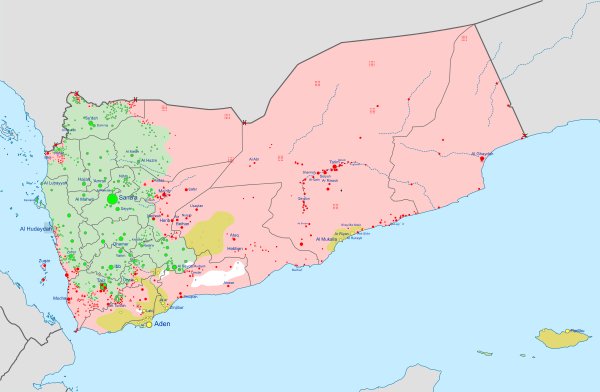
Portugal is famous for its mild climate and sunny beaches, but each year hundreds of people freeze to death and millions struggle to survive frigid winter weather.
Here's a quick thread based on my @POLITICOEurope story on Portuguese energy poverty




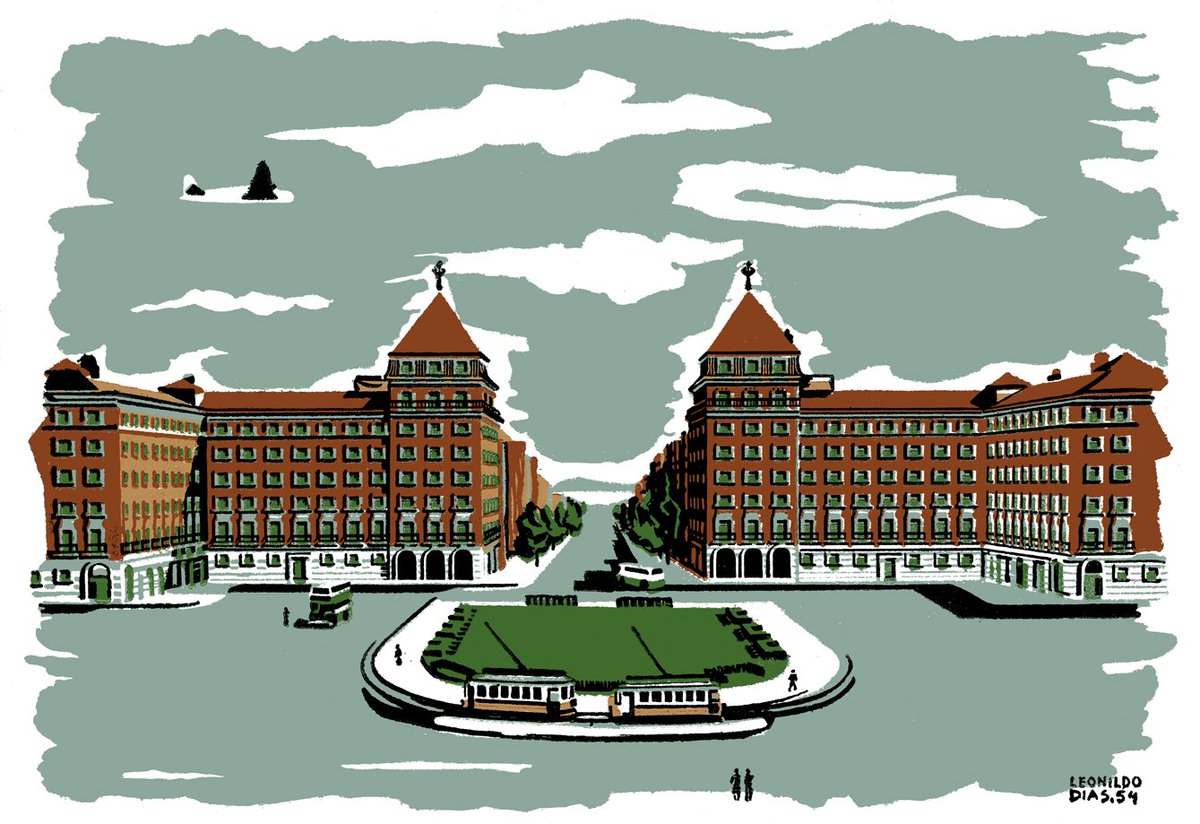

'The Crown' fans will recall Queen Elizabeth's visit to Lisbon in S02E03; when the real event took place Portuguese authorities took her to see the Restelo housing estate, which they showed off as a symbol of modernity.
https://t.co/rzU3zjwA5W









Experts I spoke to said no, pointing out that most citizens don't have the money to take advantage of schemes that require beneficiaries to put at least some cash up needed to fund costly renovations.






Good afternoon.
https://t.co/zTx21Yrr3M
More from World
fascinated by this man, mario cortellucci, and his outsized influence on ontario and GTA politics. cortellucci, who lives in vaughan and ran as a far-right candidate for the italian senate back in 2018 - is a major ford donor...
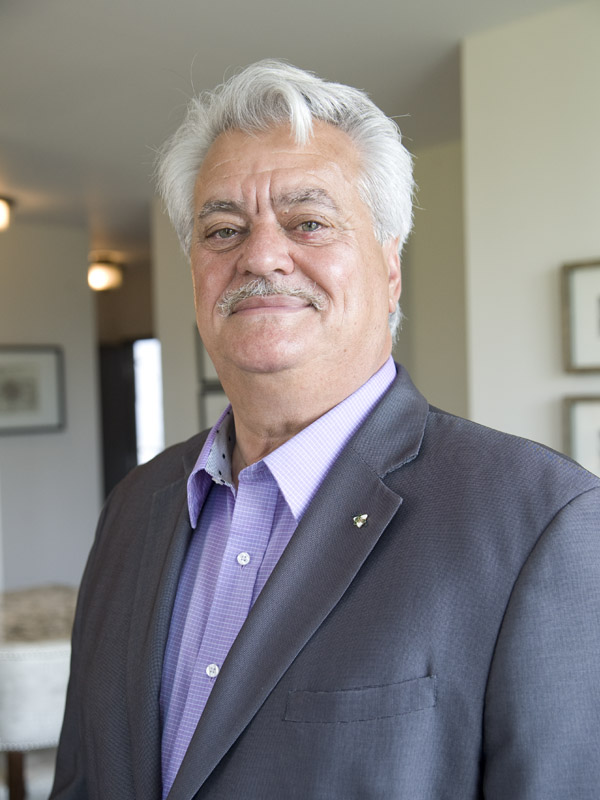
his name might sound familiar because the new cortellucci vaughan hospital at mackenzie health, the one doug ford has been touting lately as a covid-centric facility, is named after him and his family
but his name also pops up in a LOT of other ford projects. for instance - he controls the long term lease on big parts of toronto's portlands... where doug ford once proposed building an nfl stadium and monorail... https://t.co/weOMJ51bVF
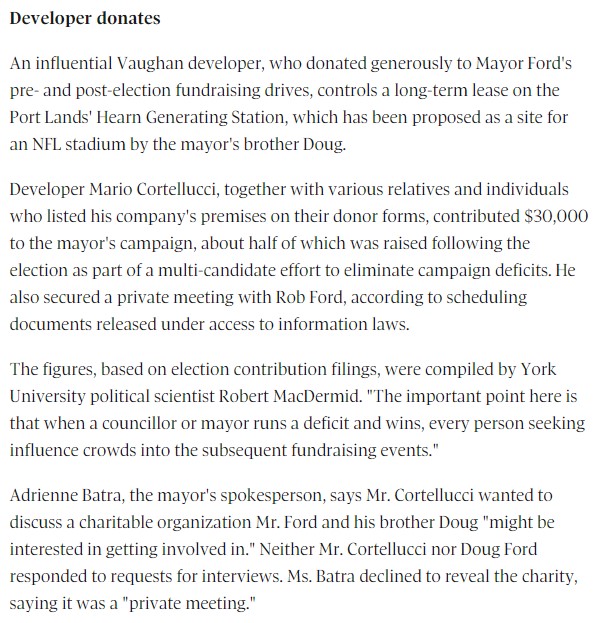
cortellucci, who is a developer, also owns a large chunk of the greenbelt. doug ford's desire to develop the greenbelt has been
and late last year he rolled back the mandate of conservation authorities there, prompting the resignations of several members of the greenbelt advisory

his name might sound familiar because the new cortellucci vaughan hospital at mackenzie health, the one doug ford has been touting lately as a covid-centric facility, is named after him and his family
but his name also pops up in a LOT of other ford projects. for instance - he controls the long term lease on big parts of toronto's portlands... where doug ford once proposed building an nfl stadium and monorail... https://t.co/weOMJ51bVF

cortellucci, who is a developer, also owns a large chunk of the greenbelt. doug ford's desire to develop the greenbelt has been
and late last year he rolled back the mandate of conservation authorities there, prompting the resignations of several members of the greenbelt advisory
Good question: what proofs has BDA provided of his authenticity?
Let's go through some of them.
- BDA predicted the Saudis would assassinate Suleimani. They did.
- He said the dog that got Badghadi's arm deserved a Medal Of Honor. The next day the President posted a joke image showing him giving the dog a MoH.
- He said one of his ops in Syria would severely disrupt a CIA drug trafficking operation. This was proved true within a few days:
https://t.co/Hranupwcxj
- He sent gold to Brazil to help pay for an anti-trafficking operation there. That op became public soon afterwards.
- On May 31 this year, he predicted the President would be giving a speech the next day. June 1, the President gives a surprise address at the Rose Garden.
- He predicted the US would be making diplomatic moves on Greenland. True.
- He said the US would be pulling all troops out of Afghanistan. This was confirmed within the month.
- He claimed earthquakes would be hitting Iran's nuclear facilities in December. Yep.
- There were FOUR facilities hit, not the three made public. Also true.
Let's go through some of them.
Do you really believe this? And you believe BDA is a time traveler too? You say BDA has accurately predicted things. Please point me to the proof. I have not seen any proof so far.
— I am Justice. God's Kingdom is coming. Wake up. (@GlynAlyn) October 13, 2020
- BDA predicted the Saudis would assassinate Suleimani. They did.
- He said the dog that got Badghadi's arm deserved a Medal Of Honor. The next day the President posted a joke image showing him giving the dog a MoH.
- He said one of his ops in Syria would severely disrupt a CIA drug trafficking operation. This was proved true within a few days:
https://t.co/Hranupwcxj
- He sent gold to Brazil to help pay for an anti-trafficking operation there. That op became public soon afterwards.
- On May 31 this year, he predicted the President would be giving a speech the next day. June 1, the President gives a surprise address at the Rose Garden.
- He predicted the US would be making diplomatic moves on Greenland. True.
- He said the US would be pulling all troops out of Afghanistan. This was confirmed within the month.
- He claimed earthquakes would be hitting Iran's nuclear facilities in December. Yep.
- There were FOUR facilities hit, not the three made public. Also true.
You May Also Like
Joshua Hawley, Missouri's Junior Senator, is an autocrat in waiting.
His arrogance and ambition prohibit any allegiance to morality or character.
Thus far, his plan to seize the presidency has fallen into place.
An explanation in photographs.
🧵
Joshua grew up in the next town over from mine, in Lexington, Missouri. A a teenager he wrote a column for the local paper, where he perfected his political condescension.
2/

By the time he reached high-school, however, he attended an elite private high-school 60 miles away in Kansas City.
This is a piece of his history he works to erase as he builds up his counterfeit image as a rural farm boy from a small town who grew up farming.
3/

After graduating from Rockhurst High School, he attended Stanford University where he wrote for the Stanford Review--a libertarian publication founded by Peter Thiel..
4/
(Full Link: https://t.co/zixs1HazLk)

Hawley's writing during his early 20s reveals that he wished for the curriculum at Stanford and other "liberal institutions" to change and to incorporate more conservative moral values.
This led him to create the "Freedom Forum."
5/

His arrogance and ambition prohibit any allegiance to morality or character.
Thus far, his plan to seize the presidency has fallen into place.
An explanation in photographs.
🧵
Joshua grew up in the next town over from mine, in Lexington, Missouri. A a teenager he wrote a column for the local paper, where he perfected his political condescension.
2/

By the time he reached high-school, however, he attended an elite private high-school 60 miles away in Kansas City.
This is a piece of his history he works to erase as he builds up his counterfeit image as a rural farm boy from a small town who grew up farming.
3/

After graduating from Rockhurst High School, he attended Stanford University where he wrote for the Stanford Review--a libertarian publication founded by Peter Thiel..
4/
(Full Link: https://t.co/zixs1HazLk)

Hawley's writing during his early 20s reveals that he wished for the curriculum at Stanford and other "liberal institutions" to change and to incorporate more conservative moral values.
This led him to create the "Freedom Forum."
5/

Ivor Cummins has been wrong (or lying) almost entirely throughout this pandemic and got paid handsomly for it.
He has been wrong (or lying) so often that it will be nearly impossible for me to track every grift, lie, deceit, manipulation he has pulled. I will use...

... other sources who have been trying to shine on light on this grifter (as I have tried to do, time and again:
Example #1: "Still not seeing Sweden signal versus Denmark really"... There it was (Images attached).
19 to 80 is an over 300% difference.
Tweet: https://t.co/36FnYnsRT9

Example #2 - "Yes, I'm comparing the Noridcs / No, you cannot compare the Nordics."
I wonder why...
Tweets: https://t.co/XLfoX4rpck / https://t.co/vjE1ctLU5x

Example #3 - "I'm only looking at what makes the data fit in my favour" a.k.a moving the goalposts.
Tweets: https://t.co/vcDpTu3qyj / https://t.co/CA3N6hC2Lq

He has been wrong (or lying) so often that it will be nearly impossible for me to track every grift, lie, deceit, manipulation he has pulled. I will use...

... other sources who have been trying to shine on light on this grifter (as I have tried to do, time and again:
Ivor Cummins BE (Chem) is a former R&D Manager at HP (sourcre: https://t.co/Wbf5scf7gn), turned Content Creator/Podcast Host/YouTube personality. (Call it what you will.)
— Steve (@braidedmanga) November 17, 2020
Example #1: "Still not seeing Sweden signal versus Denmark really"... There it was (Images attached).
19 to 80 is an over 300% difference.
Tweet: https://t.co/36FnYnsRT9

Example #2 - "Yes, I'm comparing the Noridcs / No, you cannot compare the Nordics."
I wonder why...
Tweets: https://t.co/XLfoX4rpck / https://t.co/vjE1ctLU5x

Example #3 - "I'm only looking at what makes the data fit in my favour" a.k.a moving the goalposts.
Tweets: https://t.co/vcDpTu3qyj / https://t.co/CA3N6hC2Lq






